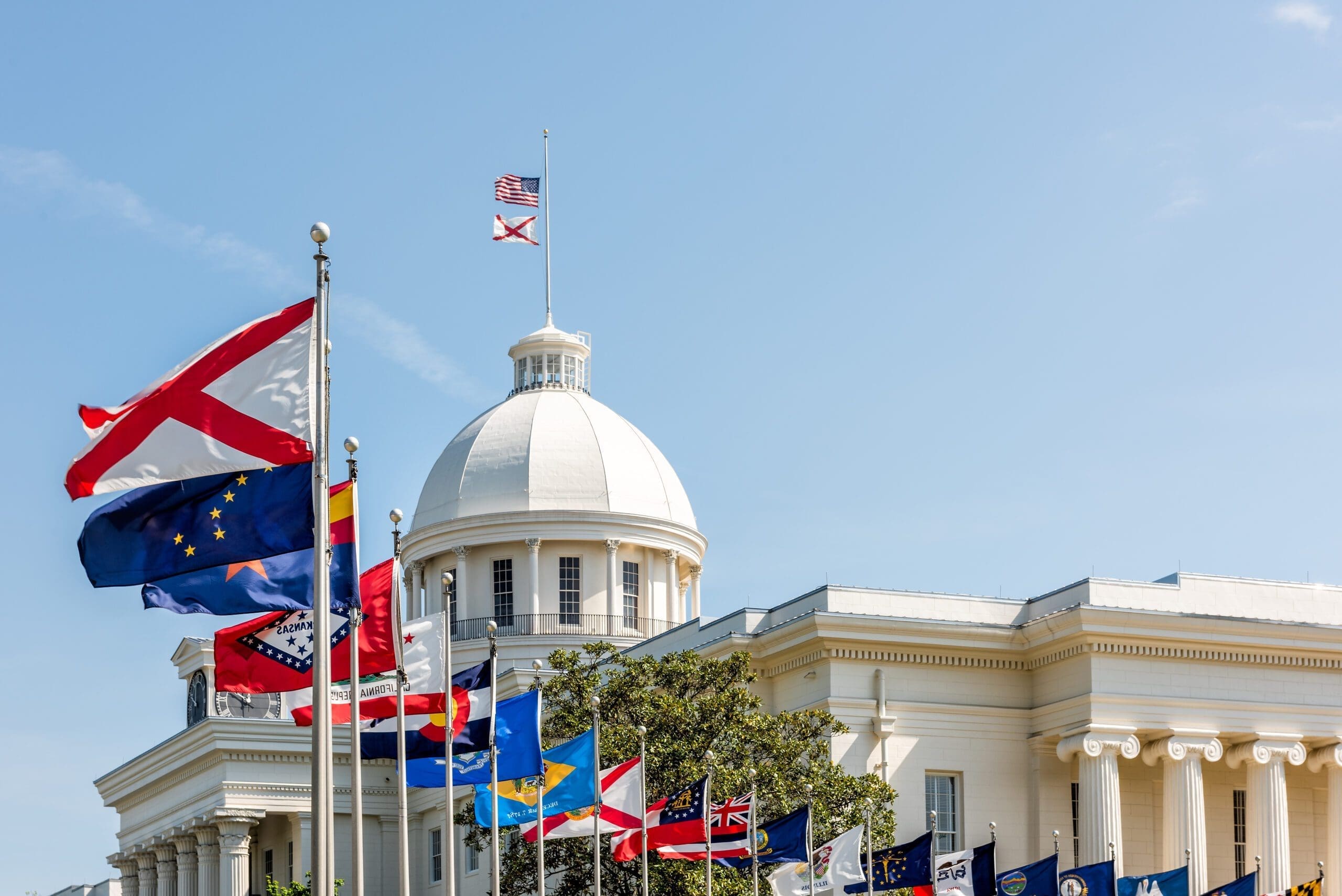Our thoughts and prayers are with everyone who was affected by the tornadoes last Thursday. For anyone who would like to assist those impacted by the storm, United Way of Central Alabama has set up a page on their site to donate to support victims.
Alabama top stories in brief
- Birmingham recently approved a plan to purchase tiny homes to provide shelter for the city’s homeless population. The city will have an independent organization managing the homes, and is currently accepting proposals from community organizations dedicated to assisting homeless individuals. The proposals need to include a plan for services such as healthcare, job training, substance abuse counseling and case management.
- A new COVID-19 variant is currently spreading across the U.S. and is making headway in Alabama. The variant, known as XBB.1.5 is more infectious than other variants and spreading at a faster rate. It currently does not appear to have differing symptoms from other COVID-19 variants or to be more severe.
- On Jan. 6, President Joe Biden signed into law the National Heritage Area Act, which included officially designating the Black Belt as a national heritage area. This achievement is the result of efforts from Alabama Congress members from both major parties. The designation as a national heritage area opens up the area to funding from the National Park Service, which can be used to help preserve the history of the region. There are 19 counties within the heritage area: Bibb, Bullock, Butler, Choctaw, Clarke, Conecuh, Dallas, Greene, Hale, Lowndes, Macon, Marengo, Monroe, Montgomery, Perry, Pickens, Sumter, Washington and Wilcox.
- Alabama had a budget surplus of over $2.7 billion in their educational fund, and state legislators are currently debating exactly what they should do with unexpected money. Many Republican legislators support sending out one time tax rebates to taxpayers that would range between $250-$450. Many Democrats would like to see the money put into expanding Medicaid for the state.
Gov. Ivey uses executive action to change “good time” rules for incarcerated individuals
On Jan. 9, Governor Kay Ivey signed an executive order to change the rules for how Alabama prisoners accumulate correctional incentive time, generally known as good time. Good time allows eligible individuals to earn time off their sentences for good behavior, and can significantly reduce the total amount of time spent in prison. Alabama Department of Corrections Commissioner John Hamm described the changes as important for both inmates and staff members at ADOC facilities.
Good time came under scrutiny in 2021 after Brian Martin, a man who was released early due to good time, was accused of killing William Mealback Jrr and fatally wounding police Sgt. Nick Risner. Ivey’s decision and decisions to restrict good time in 2021 by the state legislature are largely in response to this.
Under the new changes, there are four levels of violations for which prisoners will lose accumulated good time: severe, high, medium and low. The higher the violation, the steeper the penalty.
Severe violations include homicide, escape, attempt to escape with force, assault with a weapon and sexual assault. These violations result in complete loss of good time and the removal of the ability to earn good time in the future.
High violations include attempt to escape without force, assault without a weapon, non-assault sexual offenses, robbery, rioting, drug possession, encouraging or causing work stoppage and failure to obey a direct order of an ADOC employee. These result in a minimum of three years of good time lost, but restoration of lost time can be applied for after one year of no violations. Incarcerated individuals may also not start earning good time again until one year without further violations and permission from the commissioner.
Medium violations include, but are not limited to fighting without a weapon, possession of gang related paraphernalia or symbols, theft, property destruction, possession of a phone and insubordination. There is a minimum sanction of two years for medium violations, and good time may not be earned again until after six months with no further violations and approval by the commissioner.
Low violations include, but are not limited to gambling, disorderly conduct, possession of contraband or insubordination. Low violations result in a minimum loss of one day of good time, and individuals with low violations may temporarily be barred from earning good time.
“This lays out more concrete procedures on the awarding of that correctional incentive time, but more importantly on the restoration, once that time has been taken away,” Hamm said.
This decision was met with criticism by Rep. Chris England, D-Tuscaloosa, who pointed out that the new prison rules could be used to punish prisoners for strikes or work stoppages, like the statewide strike that occurred during fall of 2022.
“This is absurd and reflects state leadership that is completely out of touch with the public safety crisis in Alabama prisons,” Carla Crowder, the executive director for Alabama Appleseed Center for Law and Justice, told news organizations in a press release.
Currently, there are fewer than 3,000 incarcerated individuals eligible to earn good time, which makes up around 14% of those housed in ADOC facilities.
Our articles you might have missed
- If you haven’t already, you should check out our article about the coroner system in Alabama. Learn more about the coroner system and why Lina Evans, Shelby County’s coroner and president of Alabama Coroner’s Association, said Alabama’s laws about coroners were “antiquated” and in need of change.
- We also did a feature on local artist, Damita Bowman, and her story of becoming a professional artist in her 60s. We will be doing more features like this for local creators, so if you know anyone you believe should be spotlighted, please shoot us an email at [email protected].
Updates on The Sunrise News
- Our subscriber list is growing and so is our outreach! In the 16 days since launch, we’ve had hundreds of views on our site. We want to keep that number going up, so please, forward our emails to your friends and family and share our articles on social media.
- We have finalized our subscription plan. All of our content will remain free on our site until March 31, after which some of our content will only be available to paying subscribers. Our subscriptions will be set at $10 a month or $100 for a year.
- Though you can’t subscribe yet, any amount that you contribute through Ko-Fi prior to March 31 will be counted towards the cost of a subscription. Additionally, anyone who contributes any amount before March 31 will be able to give one friend a free month paid subscription to The Sunrise News.
Want to get early access to columns, unique newsletters and help keep The Sunrise News active? Then support us on Ko-Fi!


